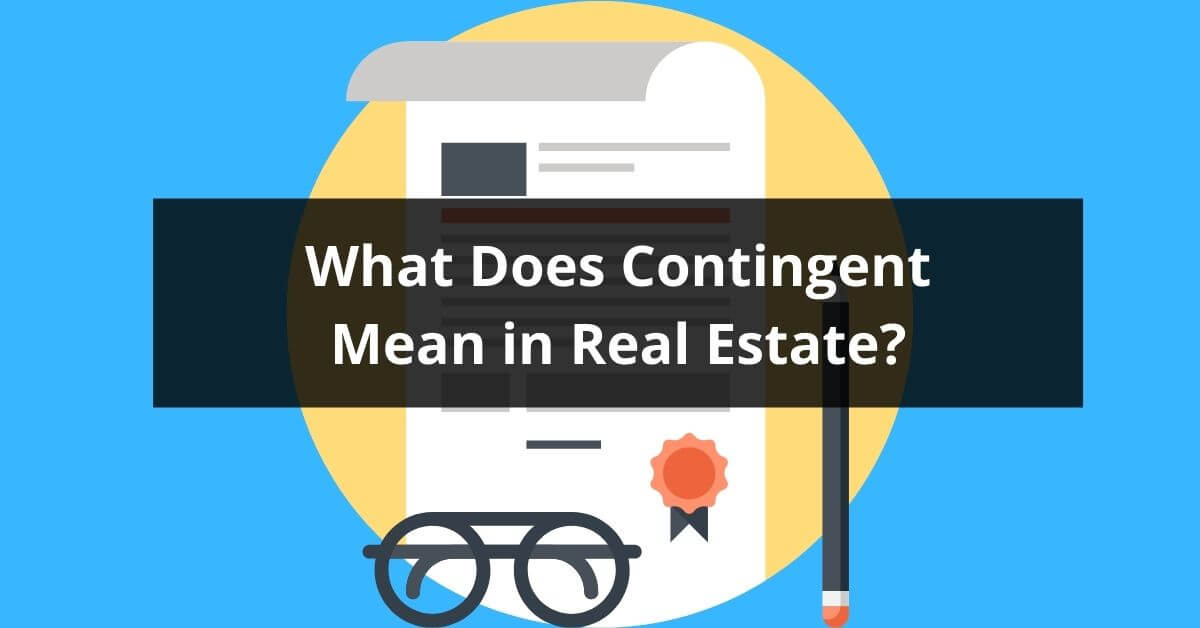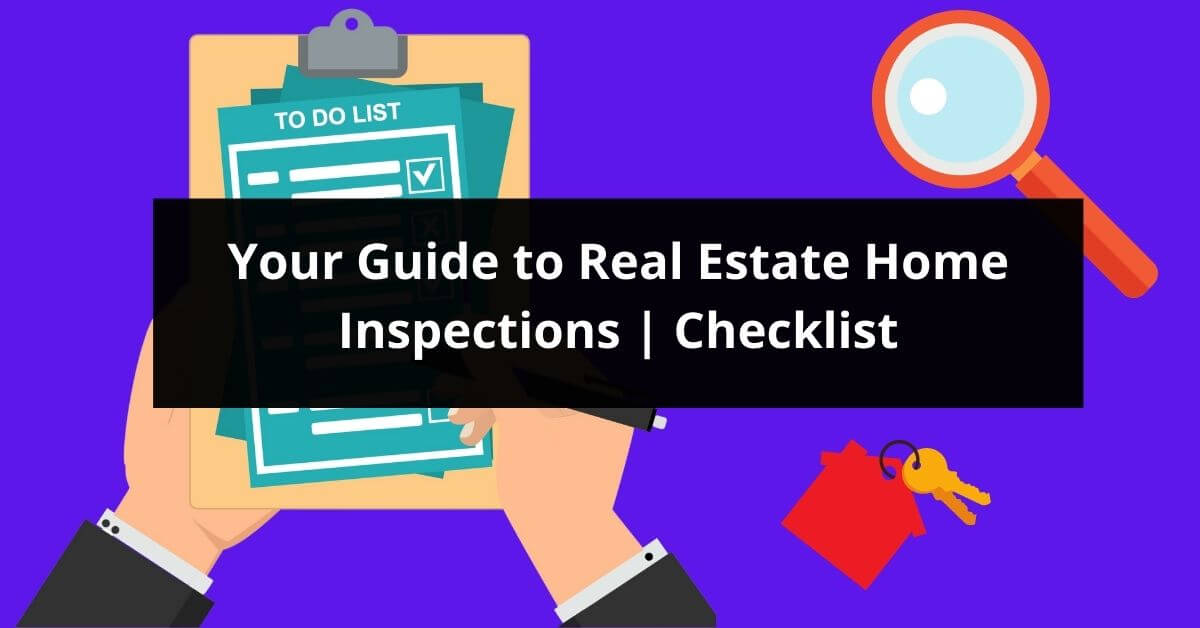ATG Title Blog
Should You Pay a Mortgage Principal or Escrow First?
If you’re stuck between paying down the balance on the principal or escrow on your mortgage, always go with the principal first. By paying towards …
What Does it Mean When the House You Want is “Contingent”?
Your dream home is now listed as contingent. While that sounds like a bad thing, it doesn’t necessarily mean you won’t end up being able …
Can I Use My 401 to Buy a House?
Yes, you can use your 401k to buy a house. But should you? This is your guide to understanding how it works and deciding if …
Your Guide to Real Estate Home Inspections | Checklist
A home inspection can be a pivotal part of your home buying or selling experience. It’s this very moment when the home’s health is confirmed, …
How You Know It’s The Right Time To Buy A House
The home buying process can be as frustrating as it is exciting. Having to pass up on two or even three dream houses because the …
9 Signs It’s Time to Sell Your House
If you’re on the fence about selling your home but aren’t sure if it is the right time, this post is for you. Below you’ll …
What a Seller’s Disclosure Form Is & What to Know About Them
Whether you’re buying a house or selling, you’ll need to be aware of any potential issues with the property. Familiarizing yourself with the seller’s disclosure …
Can You Find Property Lines on Google Maps & Why?
Regardless if you’re a buyer, seller, or agent, you need to know the exact details about any property you’re interested in dealing with. There’s no …
What is Bird Dog Real Estate?
As you journey into the world of real estate, you’re likely to come across bird dogs. Of course, there’s a wide variety of different practices …








